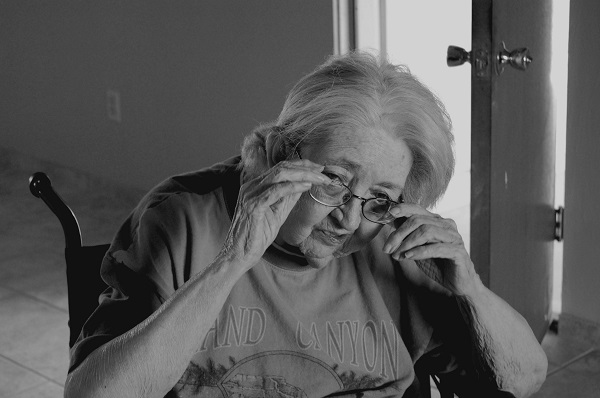 Most of us missed the fact that World Elder Abuse Awareness Day was last week. And when it comes to elder abuse, financial abuse is the most common and fastest-growing form of it. Whether it’s because they’ve accumulated more assets than other age groups, or perhaps it’s simply because our population is getting older, financial crimes against the elderly continue to grow at an alarming rate. Victims might hesitate to report crimes due to embarrassment of not remembering something, or the desire to not be seen as a vulnerable adult. But one big reason for not reporting relates to the perpetrators. The biggest category of financial abusers is not unscrupulous financial advisors, nor is it phony mail offer schemes or shady home contractors. For many such seniors, the financial abuse is coming from a relative or loved one. (Similarly, read this list of the top ten scams that target seniors, with special attention to the closely-related “grandparent scam.”)
Most of us missed the fact that World Elder Abuse Awareness Day was last week. And when it comes to elder abuse, financial abuse is the most common and fastest-growing form of it. Whether it’s because they’ve accumulated more assets than other age groups, or perhaps it’s simply because our population is getting older, financial crimes against the elderly continue to grow at an alarming rate. Victims might hesitate to report crimes due to embarrassment of not remembering something, or the desire to not be seen as a vulnerable adult. But one big reason for not reporting relates to the perpetrators. The biggest category of financial abusers is not unscrupulous financial advisors, nor is it phony mail offer schemes or shady home contractors. For many such seniors, the financial abuse is coming from a relative or loved one. (Similarly, read this list of the top ten scams that target seniors, with special attention to the closely-related “grandparent scam.”)
There are some state-specific resources to help, including the Minnesota Elder Justice Center, and a statewide elder abuse reporting hotline – (844) 880-1574. There are also the Seniors Legal Rights handbook and the Seniors Guide to Fighting Fraud from the Minnesota Attorney General’s office. Federal resources include Money Smart for Older Adults from the Consumer Financial Protection Bureau, where you can also submit a complaint. There are tools to help prevent seniors from falling victim to fraud such as trusts and powers of attorney, but the simplest might be to keep seniors connected in family and social loops. Seniors who aren’t isolated are less vulnerable to scams, and their friends and relatives can tell if something in granny’s life that seems off, such as a sudden and new “best friend” or “handyman.” If you suspect you or another senior has been financially scammed, Minnesota’s Vulnerable Adult Act spells out how to report incidents of elder abuse, including financial exploitation. The Minnesota Attorney General also urges you to submit a fraud report.








